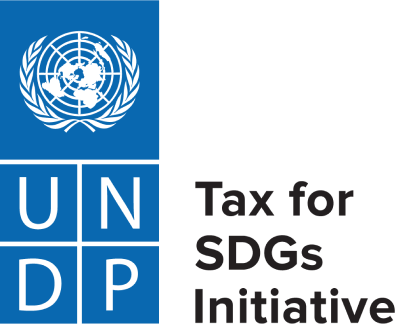Tax systems play a pivotal role in redistributing wealth and fostering economic equality in the pursuit of equitable and just societies. Central to this principle is tax progressivity, wherein tax rates increase as income levels rise, ensuring that those who can afford to contribute more do so, thereby reducing income and wealth inequality. Taxation, particularly through progressive tax systems, is fundamental to strengthening domestic resource mobilisation (SDG 17), reducing poverty (SDG 1) and inequality (SDG 10), improving education (SDG 4), providing better health and well-being (SDG 3), achieve gender equality (SDG 5), etc.
Recent pioneering research from countries like France, the Netherlands, Italy, and the USA has uncovered a concerning trend: while taxes on income are generally equitable across a country’s income distribution, the very rich pay disproportionately low taxes. This phenomenon highlights a critical gap in tax progressivity, undermining efforts to address income inequality and promote social cohesion. The key reason the rich tend to have extremely low effective tax rates is that they structure their wealth to generate little to no taxable income, often exploiting legal loopholes and offshore tax havens.
This webinar, implemented jointly by the UNDP and EU Tax Observatory, discussed the caveats and details of measuring how much effective taxation are paying the different members of the society, including the very rich; and how we can apply these methodologies from a developing country perspective. The UNDP – EU Tax Observatory alliance aims to increase awareness and build capacity at developing countries to assess the tax deficit of the very wealthy, implement tax policy reforms with a focus on tax progressivity, and provide evidence to support the debate on a global minimum tax on the very rich – in a moment when the world is discussing on alternatives to tax the rich at the G20.
This webinar presented an exciting opportunity for government officials to engage with top-level academics and experts from leading organisations, learn about innovative approaches to measuring effective tax payments, and share their own experiences in achieving tax progressivity.


